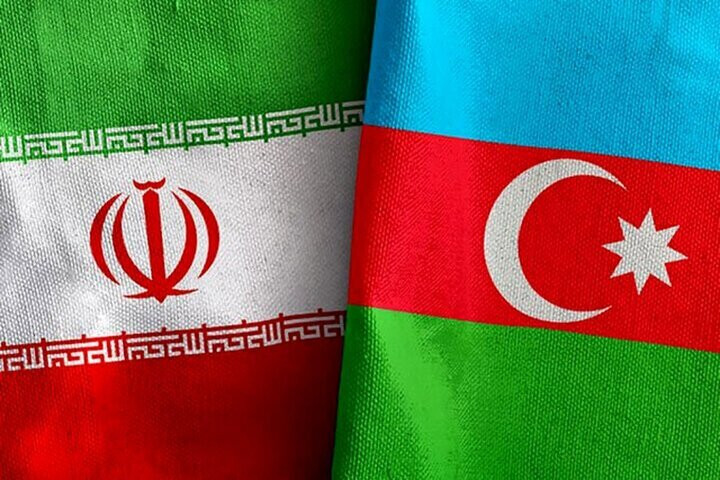
TEHRAN – Iranian Agriculture Minister Gholamreza Nouri Ghezeljeh and his Azerbaijani counterpart, Majnun Mammadov, have pledged to deepen agricultural cooperation, agreeing to establish a joint committee within a month. The decision, reached during a recent phone conversation, underscores the growing strategic partnership between the two nations in the agricultural sector.
Minister Nouri Ghezeljeh expressed Iran's readiness to expand scientific and research collaborations, boost agricultural trade, and streamline the transit of agricultural goods. He emphasized the potential for mutual benefit through enhanced cooperation.
Minister Mammadov echoed this sentiment, highlighting the significant opportunities for collaboration and stressing the importance of the joint committee to expedite progress. The committee will be tasked with drafting and signing foundational agreements across various areas of agricultural cooperation and trade facilitation.
The ministers anticipate that a forthcoming meeting will serve as a pivotal moment in solidifying these strengthened ties.
This initiative builds upon existing collaborative efforts, including the 2020 Cooperation Agreement on veterinary and animal health, which aimed to improve disease control and technical expertise exchange. Furthermore, both countries have collaborated on addressing environmental challenges, particularly climate change impacts in the Caspian Sea region, through joint climate adaptation planning and sustainable agriculture projects.
Recent infrastructure projects, such as the Qiz Ghalaesi Dam inaugurated in May 2024, exemplify the commitment to joint development. These hydroelectric projects along the Aras River are designed to enhance irrigation for agricultural lands, thereby boosting productivity and supporting local farming communities.
These concerted efforts reflect the shared commitment of Iran and Azerbaijan to bolster their agricultural sectors through resource sharing, knowledge exchange, and joint infrastructure development, ultimately fostering economic growth and food security within the region.
[Copyright (c) Global Economic Times. All Rights Reserved.]




























